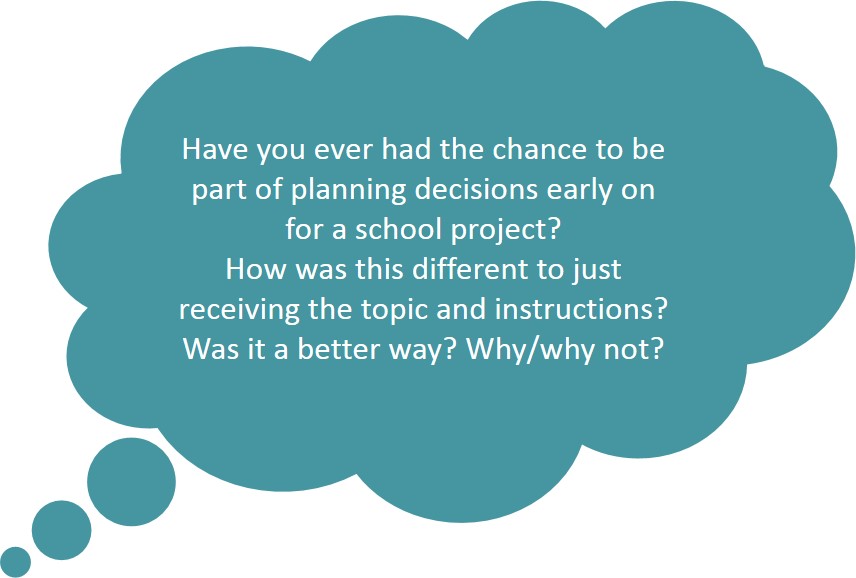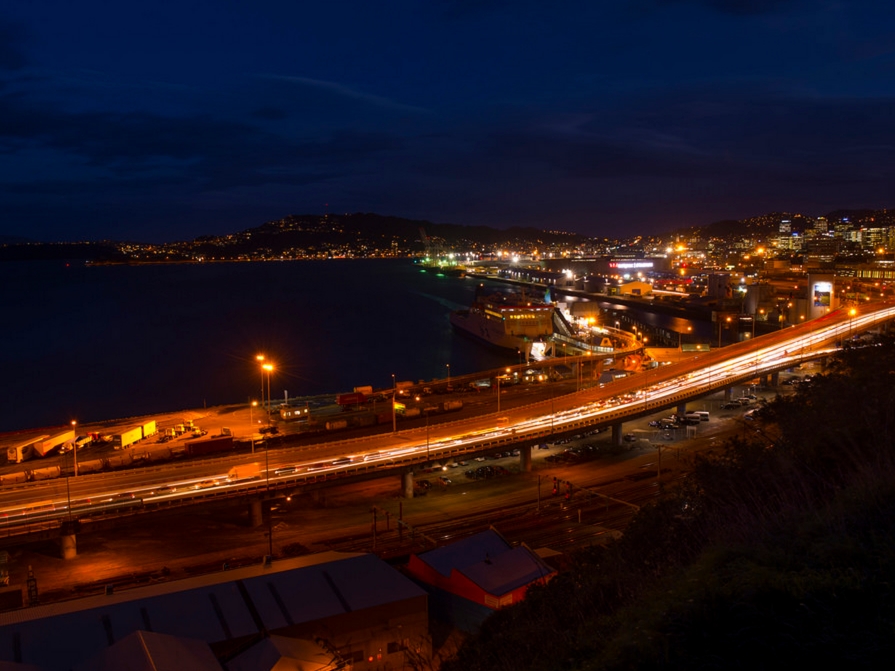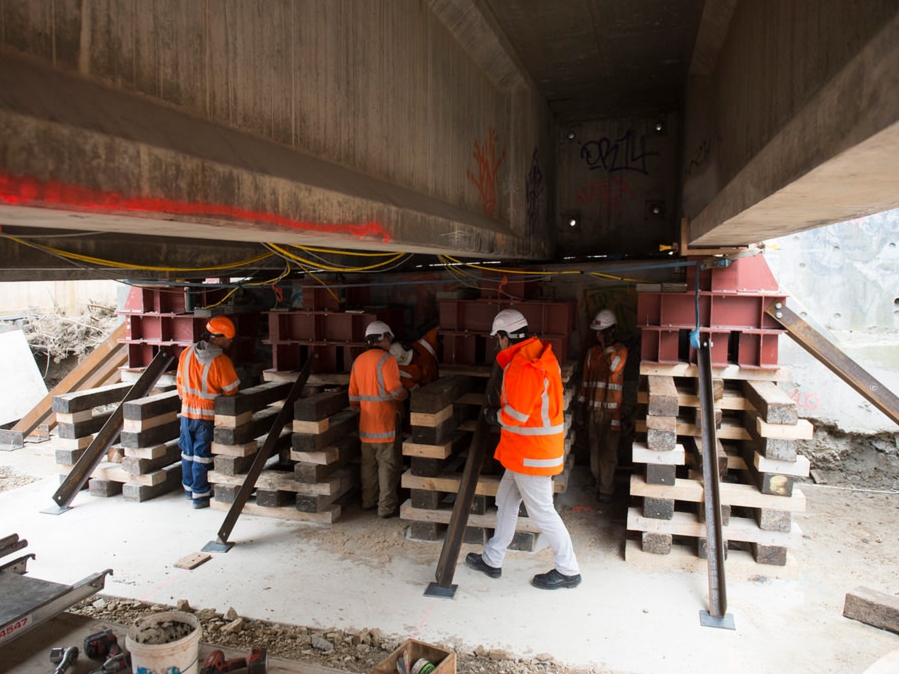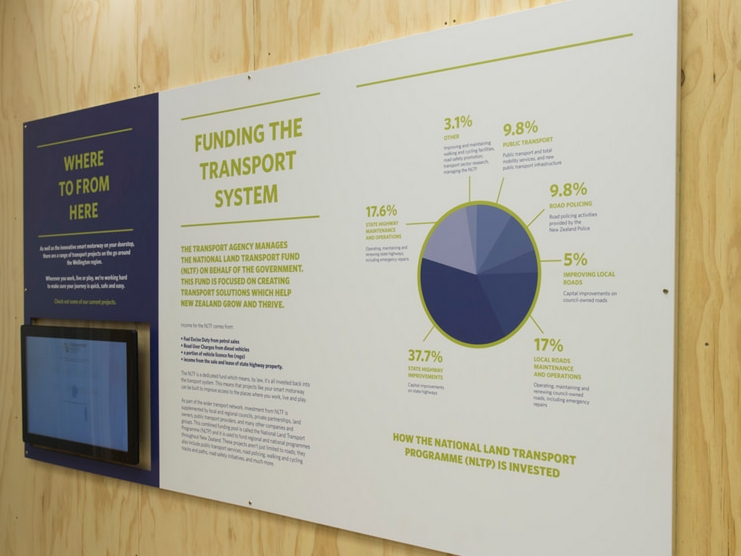Who started the smart motorway project and what was the need?
The New Zealand Transport Agency (NZTA) looks after the state highway network.
In 2009 they found that State Highway 1 between Ngauranga and the Terrace Tunnel had:
- traffic congestion
- uncertain journey times
- too many crashes.
NZTA thought the smart motorway combined with some extra ideas was a good way of solving the problems and would make sure the finished outcome was fit for purpose.
The smart motorway:
- would provide a fourth northbound lane
- did not need a whole new road to be made
- is a known system that works
- builds on Wellington’s current intelligent transport system.
What are the key stages and resources needed to turn the current motorway into a smart motorway?
The system chosen to develop this project is called ECI (Early Contractor Involvement). This is different from the usual process of investigation, design and construction, where each stage is decided on before the project can go ahead.
Involving a mixed team including contractor, civil designer and other technical specialists at the beginning of a project can create innovation and savings. One example is re-using the Kaiwharawhara Bridge instead of building a whole new one.
It is rather like being part of a project at school, but instead of being told what part you will have in it, you are involved at the beginning to give your ideas about the best way to do the project.
How do you plan and keep track of a project like this?
NZTA is given an agreed work plan and meets weekly with the contractor and designer to make sure the project is on track and that any issues are sorted out. Project managers use whiteboards to track progress, diaries and shared calendars to organise meetings, as well as spreadsheets and other software.
What reviews of progress have happened and why are they an important part of this project?
Weekly meetings make sure progress is well monitored and managed. NZTA has a team dedicated to looking after project expenses and progress.
What kinds of functional modelling were used in the design phases of this project?
Functional models show ideas of possible technological outcomes.
They have many forms, like:
- thinking
- talking
- drawing
- physical mock-ups
- computer aided simulations.
The purpose of functional modelling is to test designs to see if they will be right for the project.
There are special computer programmes to model traffic systems. These simulate the number of vehicles on a road and how they flow. This information helps designers test what will happen when they use different solutions for a problem, like seeing if a roundabout or traffic lights gives better results.
Three computer programmes have been developed to model traffic for the smart motorway project:
1. SATURN model
This model is called the Wellington Traffic Model (WTM).
It has been used for all Wellington urban motorway projects:
- for the design phases of the current Ngauranga to Aotea Quay (NtAQ) project
- for the economic assessment of benefits such as travel time savings and reducing congestion.
2. METANET model
This mathematical model was developed for “real time” traffic simulation.
3. VISSIM model
This model simulates each individual driver’s behaviour.









Comments
I wonder what were SATURN's
I wonder if the modelling